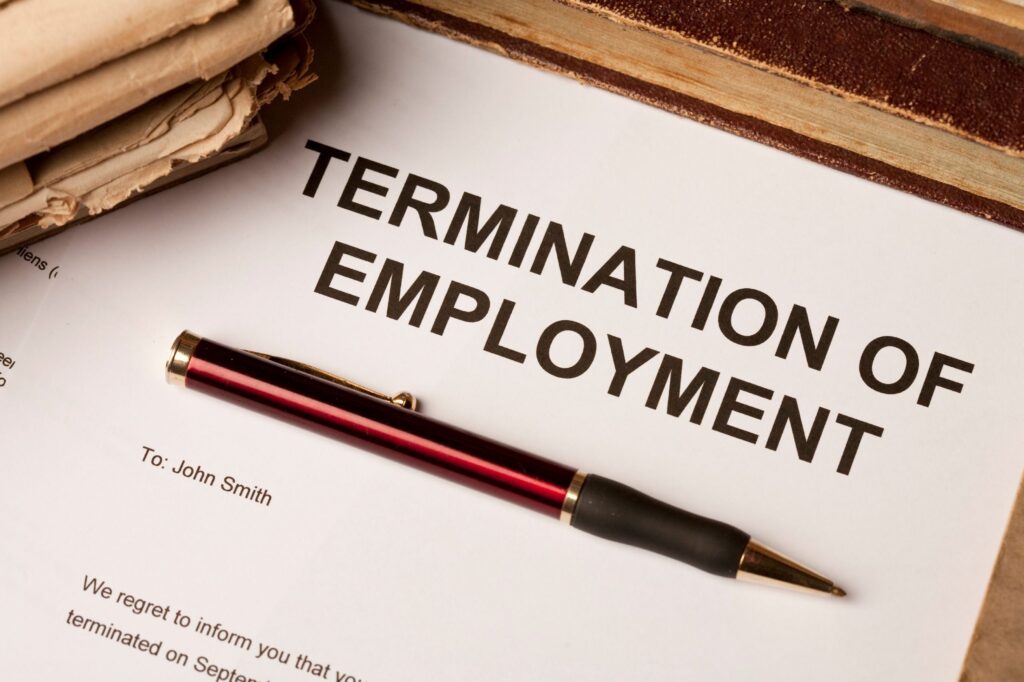Redundancy is hopefully something you’ll never have to worry about, but every business owner or manager should understand what it is, how it can occur and how to manage the process just in case – here’s a quick guide to help…
Redundancy generally occurs where a person loses their job due to circumstances such as the closure of the business or a reduction in the number of staff. The reason could be:
- The financial position of the company
- Lack of work
- Reorganisation within the company
- The company closing down completely
Actual redundancies in January 2009 were 6,588, compared to only 132 in January 2018 – a big reduction over the years.
As an alternative to redundancy, an employer may instead choose to lay staff off or put them on short time for a number of weeks.
Lay off and short time
Under the Redundancy Payments Acts 1967–2014, a lay-off situation arises where the employer is unable to provide work for staff, but believes this to be a temporary situation and gives staff notification of the lay off before the work finishes.
A short-time situation arises where, due to a reduction in the amount of work to be done, the weekly pay is less than half the normal weekly pay or the hours worked are reduced to less than half the normal weekly working hours. This must be a temporary situation and the employer must notify staff before the reduction starts.
Examples of redundancy scenarios
Redundancy can occur where one of the following things happen:
- The employer ceases to carry on business or ceases to carry on business at the site where staff have been employed. For example, if the company moves location, this can be a substantial change in working conditions and may, therefore, be a reason for redundancy. However, if there’s a change of ownership under the transfer of undertaking legislation, where employees are re-employed with no change to their working conditions, then it is not a redundancy situation.
- Where the employer’s requirements for employees in their category has ceased or diminished.
- The employer has decided to carry on the business with fewer or no staff. In deciding this, close members of the employer’s family are not taken into account
- The employer has decided to let the work be done in a different manner in future and staff are not sufficiently qualified or trained to do the work in the new way.
- The employer has decided that work will in future be done by another person who can do other work as well, and existing staff are not sufficiently qualified or trained to do that other work.
Collective and voluntary redundancy
When a number of employees are being made redundant within a 30-day period this is known as a collective redundancy. Collective redundancy notifications should be made to the Minister for Employment Affairs and Social Protection.
Sometimes there’s a voluntary redundancy situation. This is when an employer needs to reduce the workforce and asks for some employees to volunteer for redundancy.
The Redundancy Payments Acts 1967–2014 provide a minimum entitlement to a redundancy payment for employees with a set period of service with the employer. Not all employees are entitled to this statutory redundancy payment, even where a redundancy situation exists.
However the employees and employer may agree on a redundancy payment above this statutory minimum and in such circumstances, employees who have not reached the statutory minimum period of service may also receive a payment.
If you have any questions in relation to redundancies please contact the advice line on 1890 253 369








